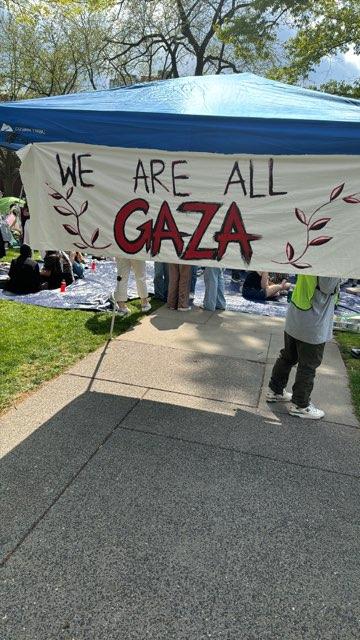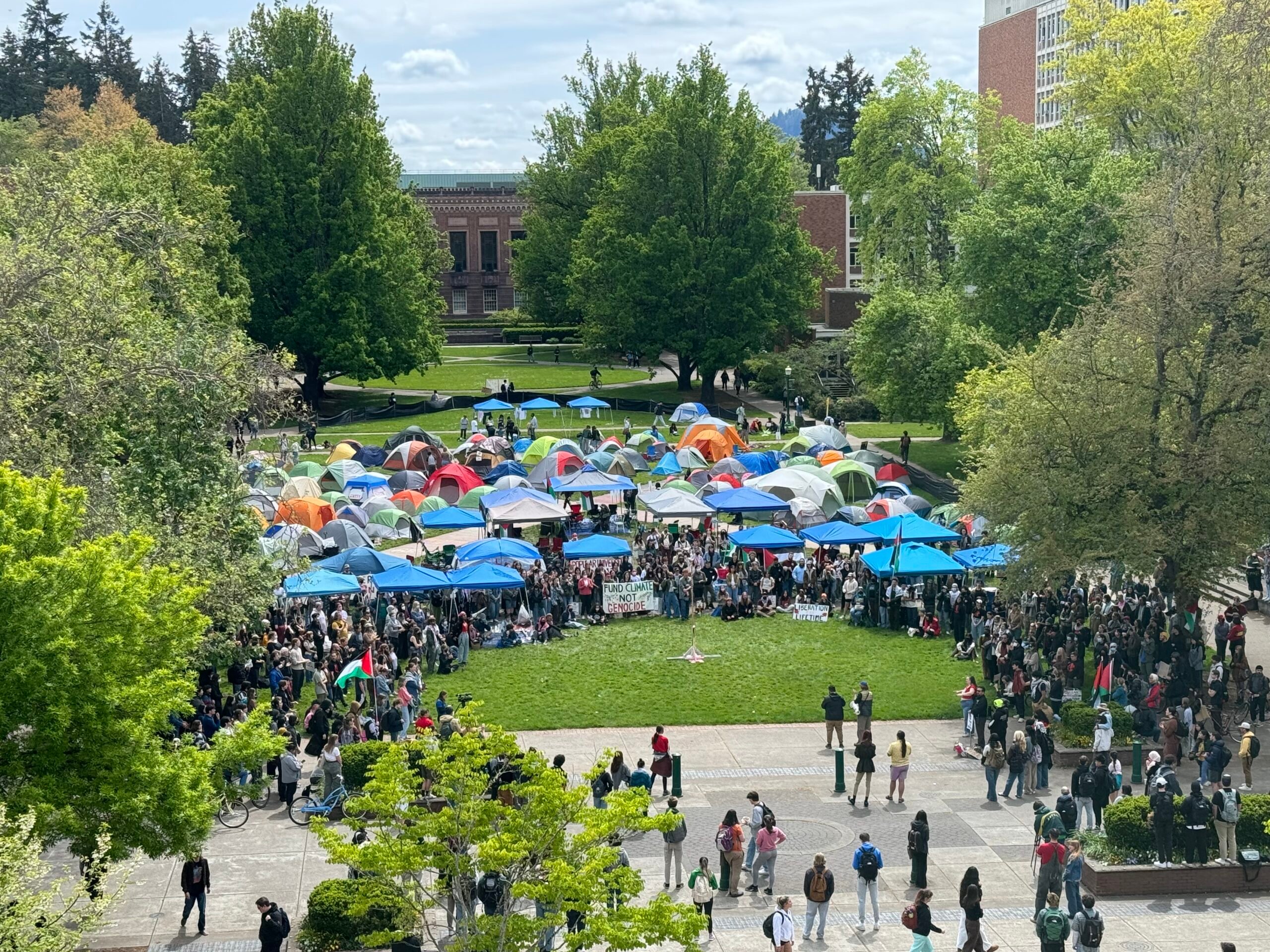
Volume includes essays on memory and meaning by Rabbi Norman Lamm with translation by Rabbi Jonathan Sacks.
Yeshiva University announced today that it will be publishing “The Koren Yizkor: Memory and Meaning,” an unprecedented double-sided volume that includes the complete Yizkor text (the memorial prayer for the departed), tefillot for the cemetery, Kaddish and other relevant tefillot, as well as a collection of essays by YU Chancellor Rabbi Dr. Norman Lamm on themes of memory and meaning. Rabbi Lord Jonathan Sacks, the Kressel and Ephrat Family University Professor of Jewish Thought at Yeshiva University, completes the work with a beautiful English translation and eloquent preface.
The volume is sponsored by the Michael Scharf Publication Trust of Yeshiva University Press and was scheduled for release by Koren Publisher Jerusalem on March 14.
“There is the specific Jewish way of remembering. Most cultures’ memories are about the past, but whenever the word Yizkor is mentioned in the Torah, it refers not to the past, but to the present and to renewal. In each case it was about the future, not about the past,” Rabbi Sacks explains in the preface.
“That is what Yizkor is: memory as a religious act of thanksgiving for a life that was, and that still sends its echoes and reverberations into the life that is. For when Jews remember, they do so for the future, the place where, if we are faithful to it, the past never dies.”
In his introduction to the Yom Kippur section, Rabbi Lamm adds that Yizkor reminds us that every person, whether large or small in stature, influences the world or some part of it in profound and important ways.
“Do not imagine that only the great and dramatic events are significant. In the eyes of God and in the eyes of history, we, too, are important if we but do all we can. For nobody is a nobody, and everybody is a somebody. We influence our children, or others’ children. And they, in turn, will influence others. The fact that we are here today is a tribute to them; had one link in the chain of generations been severed, we would not be here today. We must, then, watch our step.”












